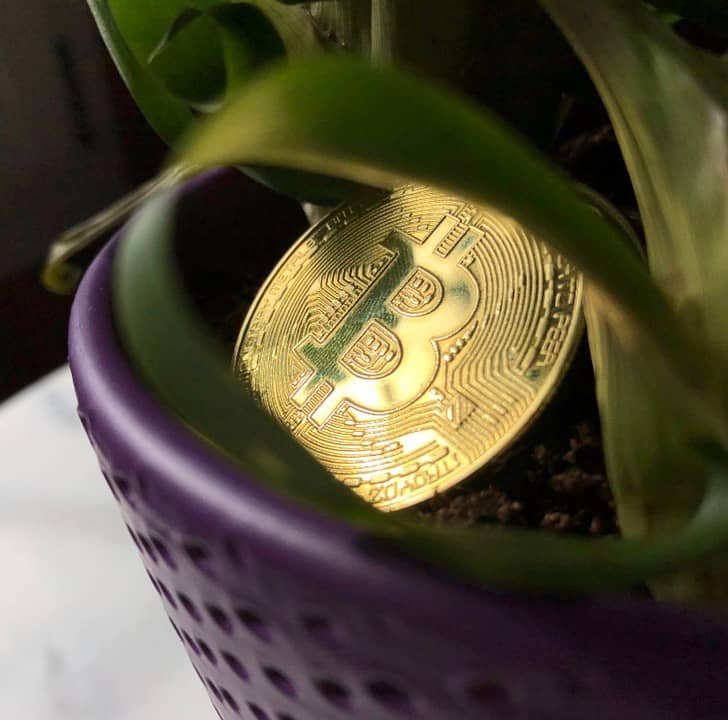Surviving the Wild Wild West of Digital Finance: How Blockchain Technology Secures Transactions
The digital financial landscape is a Wild West, where transactions are swift, and the stakes are high. With the rise of fintech, cryptocurrency, and online banking, the need for secure and reliable transactions has never been more pressing. In this article, we’ll explore how blockchain technology is revolutionizing the way we think about security in digital finance, keeping your hard-earned money safe from cybercriminals and scammers.
The Wild Wild West of Digital Finance
The digital finance industry is a bustling, fast-paced world, where transactions are made and unmade in a split second. With the rise of online banking, mobile payments, and digital wallets, the volume of transactions has increased exponentially. This has led to an increase in security risks, as cybercriminals and scammers exploit vulnerabilities in the system. According to a report by the Federal Trade Commission (FTC), identity theft and fraud have become the most common types of consumer complaints in the financial sector.
The Conventional Security Measures
Traditional security measures, such as firewalls, antivirus software, and intrusion detection systems, have been the primary defense against cyber threats. However, these measures have proven to be inadequate, as hackers continue to develop sophisticated methods to breach these defenses. The need for a more robust and secure system has given rise to blockchain technology.
The Power of Blockchain Technology
Blockchain technology is a decentralized, distributed ledger that records transactions across a network of computers, making it virtually impossible to alter or manipulate. This secure, transparent, and transparent system has been revolutionizing the way we think about security in digital finance. Here are some ways blockchain technology enhances security:
- Immutable Ledgers: Blockchain technology ensures that transactions are recorded on an immutable ledger, making it impossible for hackers to alter or manipulate the data.
- Encryption: Blockchain transactions are encrypted, making it difficult for unauthorized parties to access the information.
- Public Key Cryptography: Blockchain uses a combination of public and private keys to secure transactions, ensuring that only authorized parties can access the information.
- Consensus Mechanism: Blockchain technology uses a consensus mechanism, which ensures that all nodes on the network agree on the state of the blockchain, making it virtually impossible to hack or manipulate the system.
How Blockchain Technology Secures Transactions
Blockchain technology secures transactions in several ways:
- Transaction verification: Transactions are verified through a complex process of mining, which involves solving complex mathematical equations.
- Network consensus: The network of nodes on the blockchain verifies and validates transactions, ensuring that all transactions are legitimate and secure.
- Smart Contracts: Smart contracts, also known as "self-executing contracts with the terms of the agreement written directly into lines of code," ensure that contracts are enforced and transactions are executed accordingly.
- DDoS Protection: Blockchain technology has built-in protection against distributed denial-of-service (DDoS) attacks, ensuring that the network remains secure and operational.
Real-World Examples of Blockchain Technology in Digital Finance
Blockchain technology is being used in various applications in digital finance, including:
- Cryptocurrencies: Cryptocurrencies like Bitcoin, Ethereum, and Litecoin, use blockchain technology to record transactions and ensure security.
- Decentralized Lending: Decentralized lending platforms, such as Compound and dYdX, use blockchain technology to facilitate peer-to-peer lending and reduce the need for intermediaries.
- Digital Asset Management: Digital asset management platforms, such as eToro and Robinhood, use blockchain technology to secure and store digital assets, such as stocks, bonds, and commodities.
Conclusion
In the Wild Wild West of digital finance, security is crucial to protecting against cybercriminals and scammers. Blockchain technology has revolutionized the way we think about security, providing a secure, transparent, and transparent system for transactions. By understanding how blockchain technology secures transactions, we can rest assured that our online transactions are safe and secure. In conclusion, blockchain technology is the future of digital finance, and it’s here to stay.
FAQs
Q: What is blockchain technology?
A: Blockchain technology is a decentralized, distributed ledger that records transactions across a network of computers.
Q: How does blockchain technology secure transactions?
A: Blockchain technology secures transactions through various means, including immutable ledgers, encryption, public key cryptography, and consensus mechanisms.
Q: Is blockchain technology new?
A: No, blockchain technology has been around since the mid-1990s, but it gained popularity in the early 2010s with the rise of cryptocurrencies like Bitcoin.
Q: Is blockchain technology used in various industries?
A: Yes, blockchain technology is used in various industries, including finance, healthcare, supply chain management, and more.
Q: Is blockchain technology secure?
A: Yes, blockchain technology is considered to be one of the most secure ways to record and store data, making it an attractive option for businesses and individuals seeking to secure their online transactions.
By understanding the power of blockchain technology in securing transactions, we can unlock a more secure and efficient digital finance landscape. With its ability to provide immutable, transparent, and transparent transactions, blockchain technology is here to stay, changing the way we do business, and paving the way for a safer, more secure financial future.

Leave a Reply